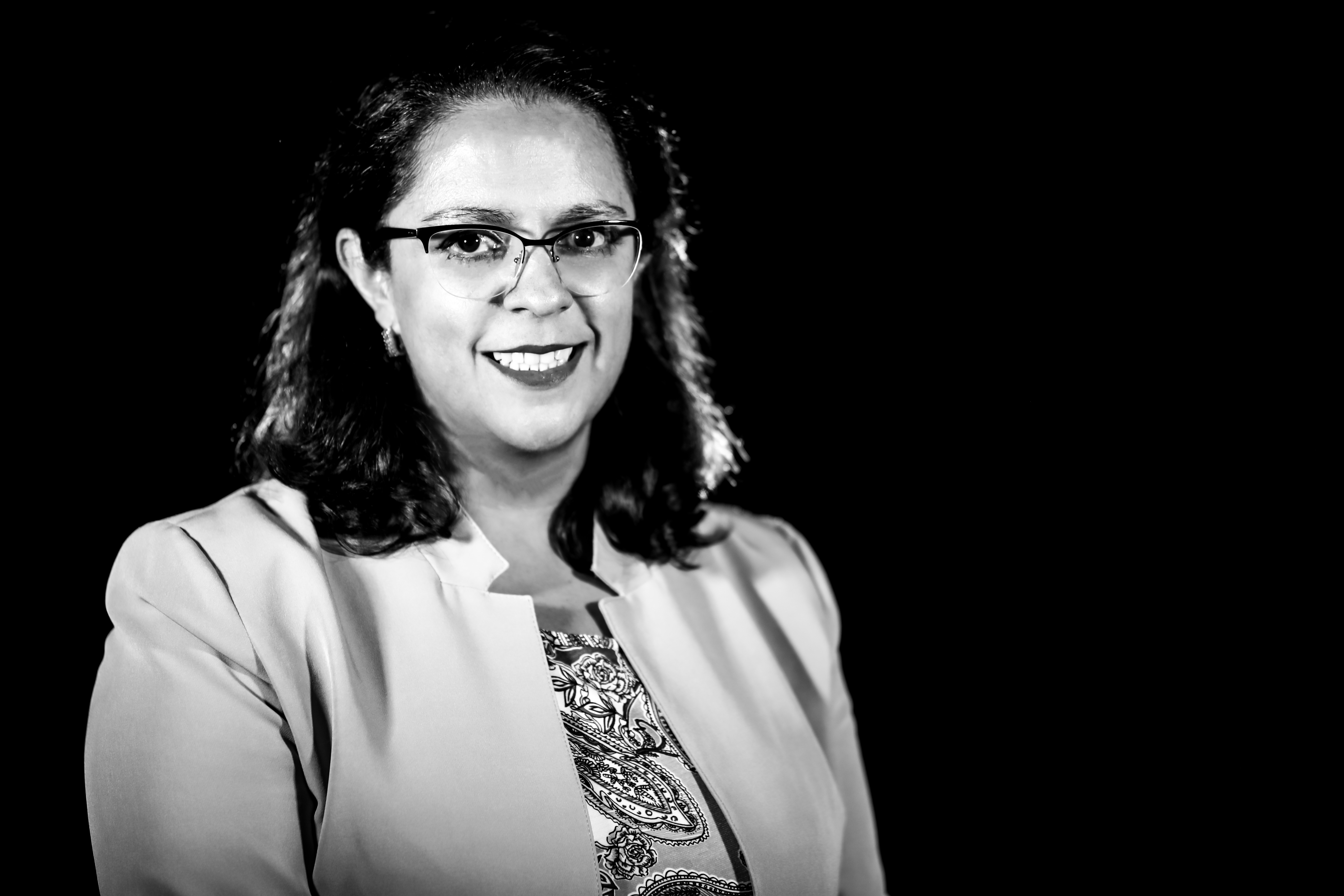Digital communication for organizations and social responsibility
Main Article Content
Abstract
Communication as a social process intrinsically linked to human activity, when transferring it to organizations, it must consider empathy, ethics and the search for the common good. This broader approach to communication, which goes beyond those who participate in it, enables in principle, the development of people, but in the second instance, life in society based on the decisions of those who manage communication, the cycle of life of the organization and the formation of a space of interrelation where various links and internal and external synergies are built. This article reflects particularly on digital communication and the relationship it enables between the organization and its stakeholders in order to contribute to the solution of problems that affect society, from a perspective of social responsibility, sustainability and ethics. that is, communication for social transformation.
Downloads
PLUMX Metrics
Article Details

This work is licensed under a Creative Commons Attribution-NonCommercial-NoDerivatives 4.0 International License.
The author keeps the property rights with no restriction whatsoever and guarantees the magazine the right to be the first publication of the work. The author is free to deposit the published version in any other medium, such as an institutional archive or on his own website.
References
Arévalo-Martínez, R. I. (2018). Responsabilidad social empresarial en la era digital. En R. Burgueño y R. Pasos (Coords.). Estudios empresariales: retos y oportunidades para México. Editorial Izcandé.
Arévalo-Martínez, R. I. (2016). Liderazgo en comunicación integral y capital de las organizaciones. En M. A. Rebeil Corella y R. Del Prado Flores (Eds.), De la teoría a la práctica: Procesos de comunicación para los problemas nacionales (Primera ed., pp. 155-167). Universidad Anáhuac.
Arévalo-Martínez, R. I. y Rebeil, M. A. (2017). Presencia, interacción y responsabilidad social organizacional en las redes sociales digitales de organizaciones privadas en Iberoamérica. En R. I. Arévalo-Martínez y M. A. Rebeil (Coords)., Responsabilidad Social en la Comunicación Digital Organizacional (pp. 17-51). Tirant Humanidades y Universidad Anáhuac México.
Bourdieu, P. (1996). Cosas dichas. Gedisa.
Bourdieu, P. (2003). La distinción. Criterio y bases sociales del gusto. Taurus.
Bourdieu, P. (2007). La miseria del mundo. Fondo de Cultura Económica.
Calvente, M. (2007). El concepto moderno de sustentabilidad. Universidad Abierta Interamericana, Centro de Altos Estudios Globales
Costa, J. (2005). De la comunicación integrada al Director de Comunicación. Chasqui. Revista Latinoamericana de Comunicación. 91, 56-63. http://dx.doi.org/10.16921/chasqui.v0i91.1562.g1585
Del Prado, R. (2014). Ética y Redes Sociales. Tirant Humanidades; Investigaciones y Estudios Superiores S.C.
Del Prado, R. (2016). Teoría Práctica de la Comunicación asociada a la Educación de las Audiencias/Personas. En M. Rebeil y R. Del Prado (Coords). De la teoría a la práctica: Procesos de Comunicación para los problemas nacionales (pp. 53-68). Universidad Anáhuac.
Foucault, M. (1992). Microfísica del poder. Las Ediciones de La Piqueta.
Goldhaber, G. M. (2001). Comunicación Organizacional. Diana.
Herrera, M., y Arévalo, R. (2014). Key leadership challenges and factors in Public Relations and Communications in Mexico. En Berger, B. & Meng, J. (Ed.). Public Relations Leaders as Sensemakers. A global study of leadership in public relations and communication management. Routledge. p. 262-277.

